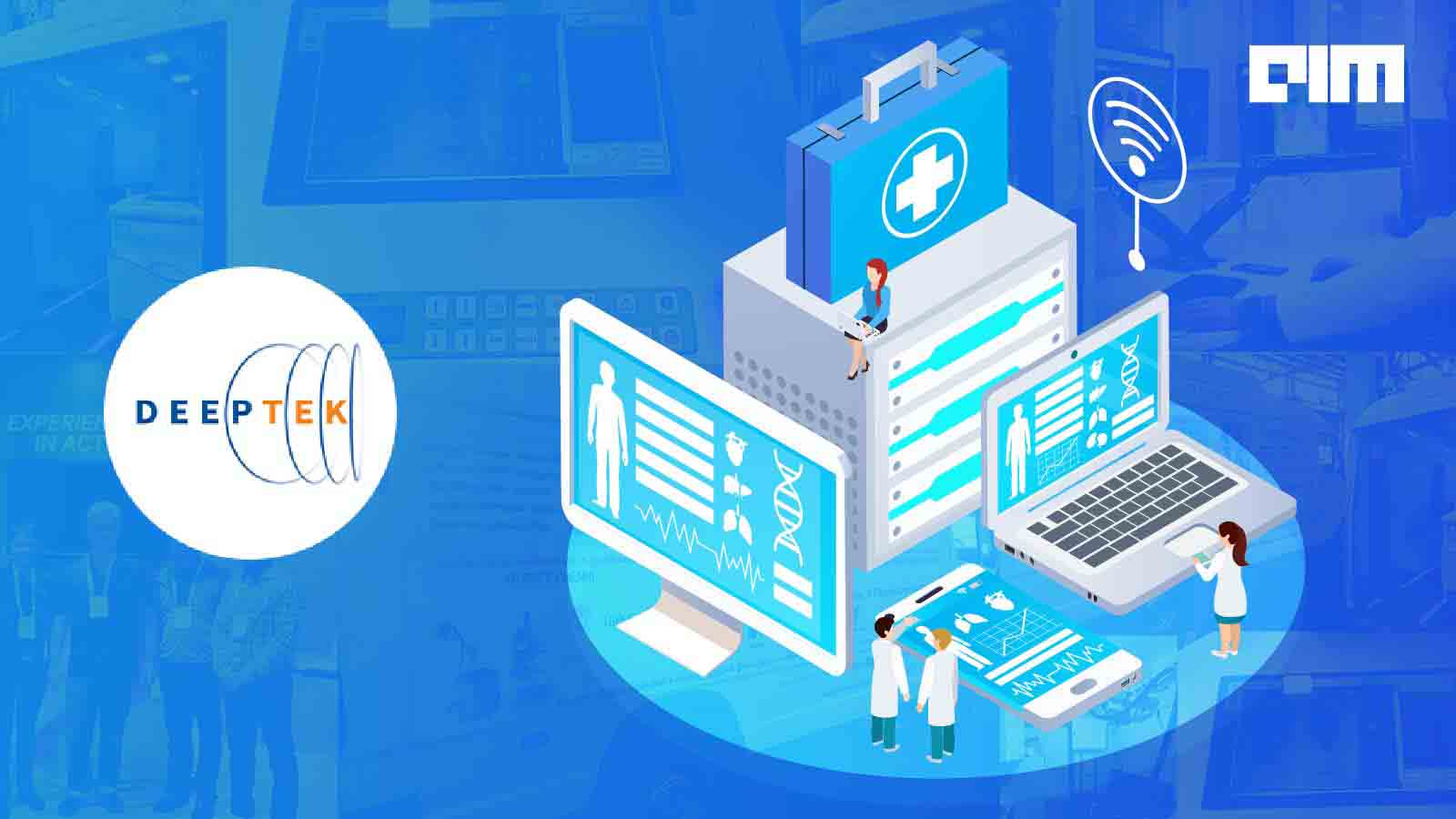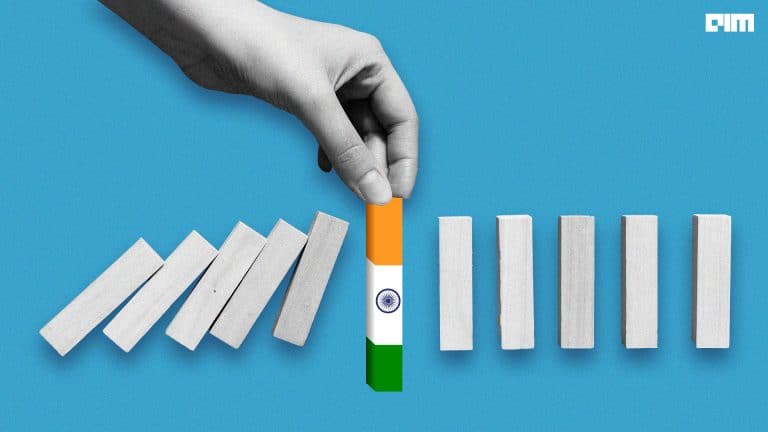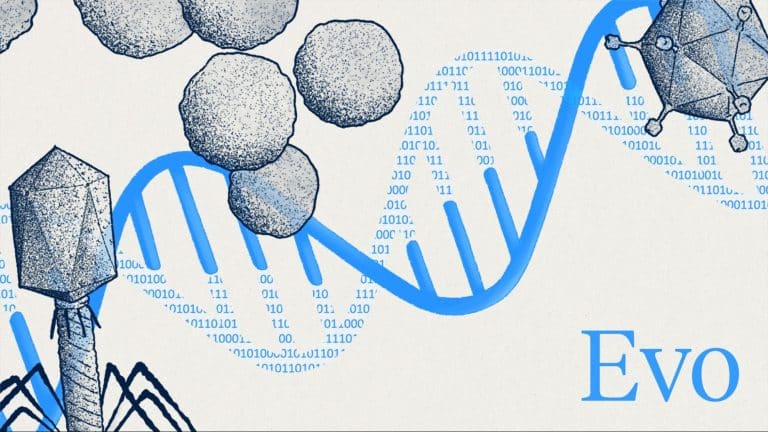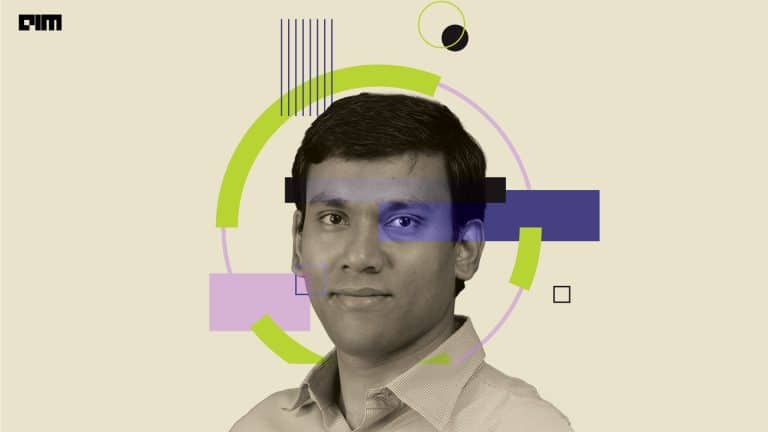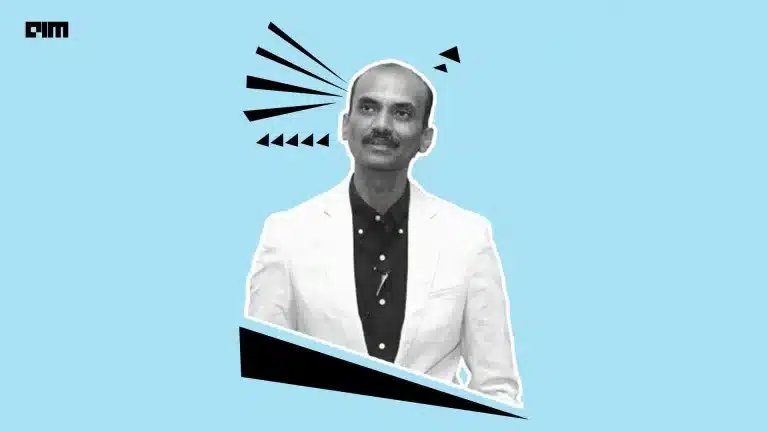India faces a drastic shortage of radiologists with just one radiologist available for 100,000 people living in the country. In comparison, this ratio is one to 10,000 in the US. With such a shortage of qualified professionals in the field, radiologists tend to see hundreds of X-rays in a day making the process error-prone.
DeepTek, a Pune-based health-tech firm, has created an AI-based platform, Augmento, that assists radiologists to make faster and accurate diagnoses through X-rays for 20 different pathologies.
To understand how the platform works and the advantage it provides in terms of making accurate diagnoses using AI in radiology, Analytics India Magazine caught up with Viraj Kulkarni, Principal Data Scientist at DeepTek.
What led to Augmeto’s clinical adoption?
“Most of the AI firms are narrowly focused on AI, and many AI models stagnate on the shelf,” said Kulkarni. “While everyone is convinced of the power of AI, the journey of AI into the lab and actual clinical adoption is very long, and a lot of factors need to be considered for it.”
Drawing an analogy to a human body, Kulkarni said that while AI can form the brain of the body, you need the rest of the body parts to actually function. Augmento, a Radiology Optimisation Platform (ROP), handles the entire workflow end-to-end – right from anonymising images, to smart reporting.
“A solution or a platform is not useful if it concludes that the diagnosis might be one of the three conditions,” said Kulkarni. Augmento not only helps to narrow down to one condition but also helps write a detailed report for it, which is another job done poorly in India due to the sheer scale of reports radiologists have to write.
This has led to wide clinical adoption of this platform — currently being used in 70 hospitals all around the world.
How does it work?
The AI model is trained using 1.5 million X-rays that were collected from hospitals and partners, which are labelled by qualified and expert radiologists.
A deep learning technique – convolution neural networks, commonly used for analysing visual imagery, is used for training the model. Expert radiologists also audit the predictions generated by AI models, and incorrect predictions are looped back into the system, keeping the model’s improvement continuous.
The platform is made available on a cloud so that it can receive scans from different geographical locations. The smart notification system updates and alerts healthcare professionals as well as patients. The system is also made available on-premise for large hospitals with servers hosted locally if asked for.
Being versatile, the platform caters to various users such as radiologist, technologist, front end receptionist, physician, floor managers, administrators, and nodal officers who get controlled administrative privileges that can be customised to adhere to hospital security requirements.
The platform not only lets the radiologist sign-off on a report but also allows to modify or regenerate an incomplete report using the tools inbuilt in the platform. It also enables the radiologist to make a quick comparison of similar cases.
Another prominent feature is a geolocation map that visualises areas with patients diagnosed with community-acquired diseases like COVID-19 and tuberculosis, along with other visualisations that include insights on patient demographics and location, image modalities, AI predictions, and radiologist workload.
Wrapping Up
India is a country with more than 2.7 million tuberculosis patients, maximum in the world as of 2018. We also have a rolling seven-day average of more than 44,000 COVID-19 cases, as of Thursday, with several cases going underreported. Platforms like Augmento can help diagnose the likes of these conditions faster and with precision, to help control their spread.
However, several factors come in the way of mass-scale adoption for such technologies. One of the main factors that is the recurring issue with any AI platform to be adopted in healthcare is scepticism.
“Since AI is a relatively newer technology, people don’t know what to expect,” said Kulkarni, “We are not saying that AI will not give reports which are wrong from time to time and we are not saying AI is 100% accurate, nobody will say that. At the same time, even human radiologists are not 100% accurate.
“But what can be guaranteed is that once the AI is deployed alongside a human radiologist, the combination will most certainly be far more accurate than either the human or the AI individually. We believe in collaborative or hybrid intelligence.”


